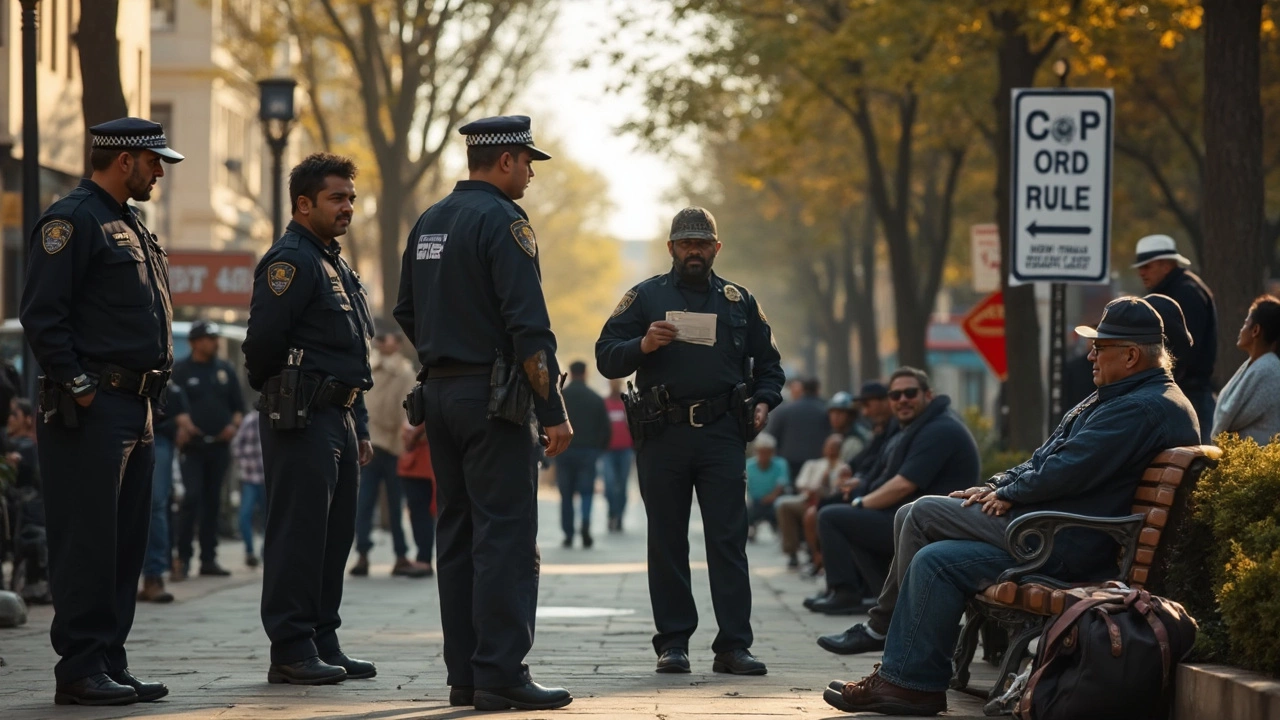Homelessness – How to Find Shelter, Help and Resources in India
If you or someone you know is without a roof, the first thing you need is a clear plan. India has a network of government shelters, NGOs, and community groups that can provide a safe place to sleep, food, and advice on next steps. This guide walks you through immediate options and longer‑term support, so you can move from crisis to stability.
Finding Immediate Shelter
Start by checking the nearest night shelter. Most state governments run Night Shelters (Night Homes) that are open from dusk until morning. You can locate them by calling the local police station or the municipal helpline (often 1098). Bring any ID you have – even a voter card or ration card works – and be ready to answer basic questions about your situation.
Non‑government organisations like HelpAge India, Goonj, and local charitable trusts also run day‑time shelters that serve meals and provide a place to rest. Many of these shelters accept walk‑ins, so you don’t need an appointment. If you’re in a big city, look for “NGO shelters near me” on a smartphone map; most have visible signs.
Don’t forget the Railway Police if you’re traveling. They can direct you to the nearest official shelter and sometimes provide a night’s stay on the platform. In emergencies, the national helpline 112 also coordinates with local authorities to arrange immediate help.
Long‑Term Support Options
Once you have a safe place to sleep, the next step is stable housing and income. Many NGOs run skill‑training programs that teach tailoring, computer basics, or food‑service work. Completing a short course often leads to a job placement, which is the quickest way out of homelessness.
The government’s Pradhan Mantri Awas Yojana (PMAY) offers subsidized housing for families that meet income criteria. You can apply through the local PWD (Public Works Department) office. Keep a copy of your shelter receipt and any documentation of your situation – it helps prove eligibility.
Health is another big piece of the puzzle. Many charitable trusts provide free medical camps, mental‑health counseling, and addiction support. If you’re dealing with health issues, visit the nearest community health centre; they can refer you to free services under the Ayushman Bharat scheme.
Community groups and support circles are often the hidden backbone of recovery. Search for “support groups near me” to find weekly meetings for people facing homelessness, substance abuse, or domestic violence. These groups not only offer emotional support but also share job leads and housing tips.
Remember, asking for help isn’t a weakness. Every organization listed here expects you to reach out, and many have staff trained to handle sensitive situations with respect. Keep a small notebook with phone numbers, shelter addresses, and any promise letters you receive – it becomes your personal action plan.
Getting back on your feet takes time, but with the right mix of immediate shelter, skill training, and government schemes, you can move toward stable living. Stay persistent, use the resources around you, and don’t hesitate to lean on community support when you need it.
Is it a Crime to Be Homeless in Texas? Know Your Rights and Realities
Homelessness in Texas isn't legally defined as a crime, but daily life for people without homes can be filled with legal hassles. Laws and city ordinances sometimes hit homeless folks with tickets or arrests for simple things like sleeping in public. This article breaks down what really happens when you're homeless in Texas, how local laws work, and ways to find real help. You’ll also get tips for navigating shelters, knowing your rights, and connecting with support. Learning these facts can make a tough situation a bit less confusing.
Read More